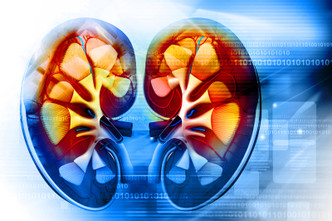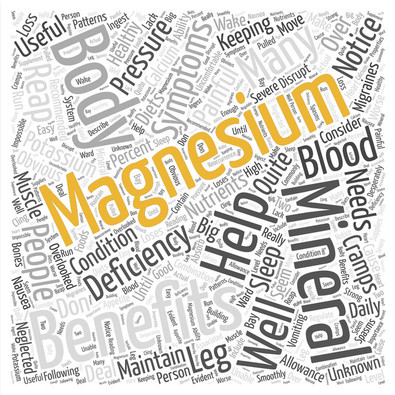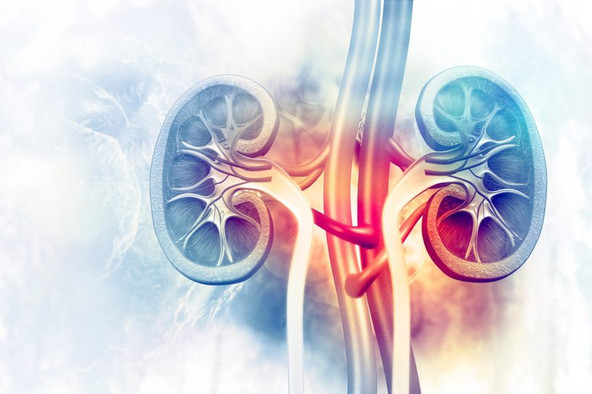Posted by Beyond Health on Nov 3rd 2025
Reduce Your Risk of Getting Heart Disease, Diabetes and Cancer by Getting More Fiber in Your Diet
You can significantly reduce your risk of getting many of the chronic diseases that plague our times by including more dietary fiber in your diet. These diseases include coronary heart disease, stroke, high blood pressure, high cholesterol, type 2 diabetes, colorectal cancer, and breast cancer. An enormous new study in the prestigious medical journal, Lancet, showed a 15-30 percent reduction in cardiovascular-disease and all-cause mortality in people who got the most fiber versus those who got the least. Those study participants who ate the most fiber, versus those that ate the least, reduced their risk of stroke by 22 percent, their risk of type 2 diabetes or colorectal cancer by 16 percent, and their risk of death from coronary heart disease by 30 percent Interestingly, fiber was also found to be a better way to control spikes in blood sugar after eating than eating a low-glycemic diet. And although a low-glycemic diet also reduced the risk of getting type…
read more Fuel your life with the purest vitamins
Fuel your life with the purest vitamins





